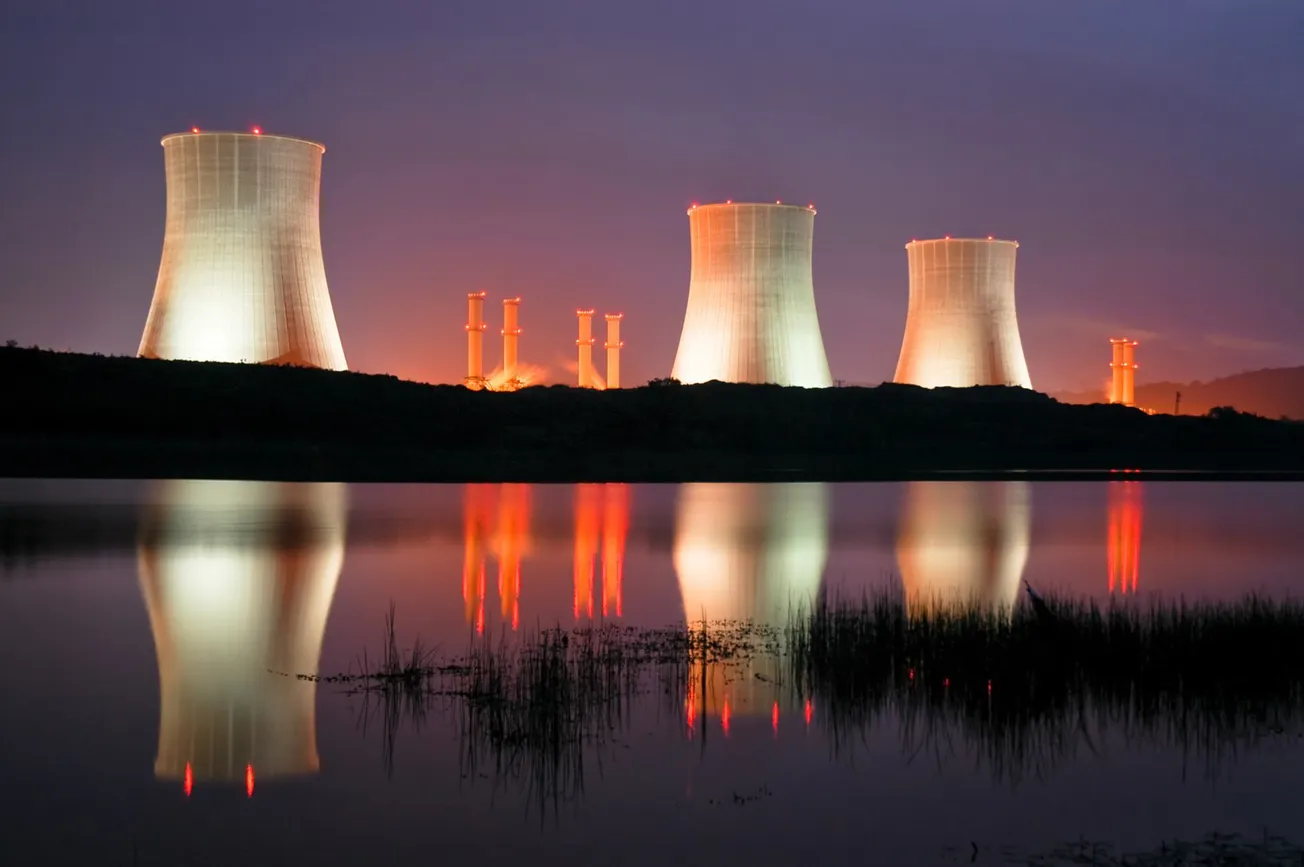Table of Contents
It looks as if Germany and Japan are both making their smartest decisions since running up the white flag in 1945. In a big ol’ middle finger to the Climate Cult, both nations are reviving their nuclear industries, after the post-Fukushima panic.
Despite its apocalyptic image, outside of the communist-enabled Chernobyl disaster, the safety record of the nuclear industry is spectacular. Although it is ranked one of the worst nuclear accidents, the Fukushima disaster caused precisely one death. 16 workers were injured from the hydrogen gas explosion, and two were hospitalised for possible radiation burns.
The biggest fatalities were from the subsequent panic, which caused as many deaths as Hurricane Katrina in the US.
The same blind panic caused Angela Merkel, the most disastrous European leader since 1945, to peremptorily shut down Germany’s nuclear industry. A decision which only increased Germany’s critically foolish reliance on Russian energy supplies. Supplies it needs to prop up its failing electricity grid, as the infatuation for “renewables” leads to exactly the same results it has everywhere else: energy crisis and spiralling electricity bills.
The krauts are almost getting a dose of commonsense.
Germany plans to postpone the closure of the country’s last three nuclear power plants as it braces for a possible shortage of energy this winter after Russia throttled gas supplies to the country, said German government officials.
While temporary, the move would mark the first departure from a policy initiated in the early 2000s to phase out nuclear energy in Germany and which had over time become enshrined in political consensus.
The decision has yet to be formally adopted by German Chancellor Olaf Scholz’s cabinet and would likely require a vote in Parliament. Some details are still under discussion, three senior government officials said. A cabinet decision would also need to wait on the outcome of an assessment of Germany’s energy needs that will be concluded in the coming weeks but which the officials said was a foregone conclusion.
Even keeping their last three plants going isn’t going to be enough to make up for the energy shortfall caused by decades of ludicrous, climate-deranged policy.
Mothballed coal plants have already been brought back online to prevent energy blackouts after Russia slashed gas supplies in June, a decision that will complicate Berlin’s plans to cut greenhouse-gas emissions and reduce air pollution.
The government has also drafted two executive orders outlining measures to reduce gas and power consumption in the country over the next two years, including by lowering the temperature in public buildings. The country’s energy regulator estimates that gas consumption will need to be cut by 20% if Germany is to avoid a gas shortfall this winter and next.
Just to prove that the Climate Cult is immune to reality:
Some environmental groups have already announced that they would take legal action against a decision to postpone the plant closure.
The Wall Street Journal
On the other end of the Axis, Japan is also realising that nuclear is the way forward.
New industry minister Yasutoshi Nishimura has pledged to secure stable energy supplies for Japan, including through an increased use of nuclear power.
Japan appears to have enough energy to get through the scorching summer, but the reserve rate of electricity will dwindle further this winter, as most of the nuclear power plants in the country remain offline due to stricter safety regulations introduced after the 2011 Fukushima nuclear disaster.
It’s not all commonsense, though.
Asked whether he intends to allow power companies to build new nuclear power plants or replace existing ones, Nishimura said he has no intentions to do so at this point, in accordance with the government’s policy.
So, no building new-generation, modern reactors, which are safer than ever?
Prior to Nishimura’s news conference, Prime Minister Fumio Kishida expressed hope that his new industry minister will find a way to secure stable energy supplies at reasonable prices. That hurdle needs to be cleared before the country’s economy can undergo a green transformation — a critical component of Kishida’s vision for so-called new capitalism.
Nishimura said nuclear power is a source of electricity critical for achieving a carbon neutral society.
The Japan Times
If only the Climate Cult would get the memo.









